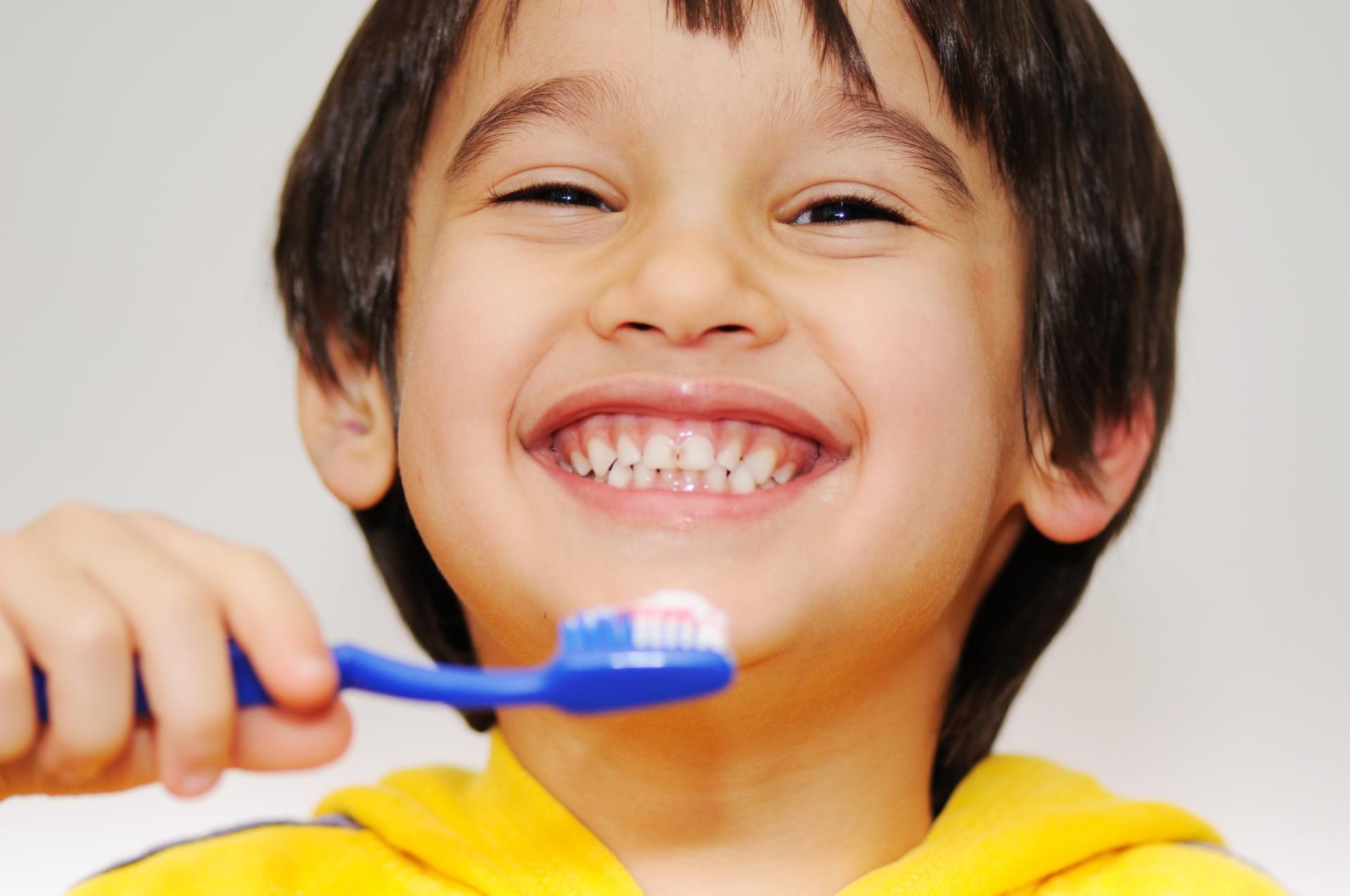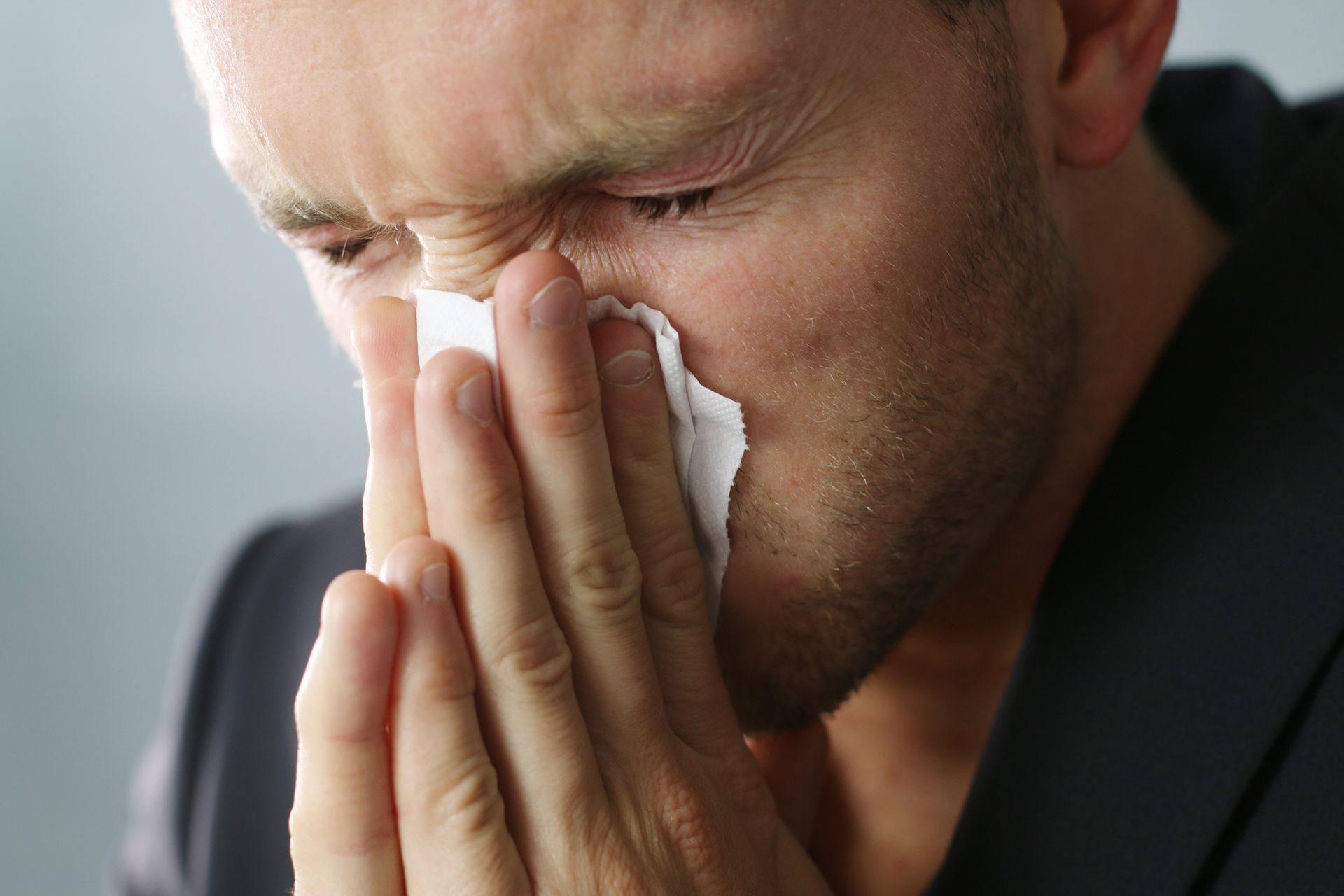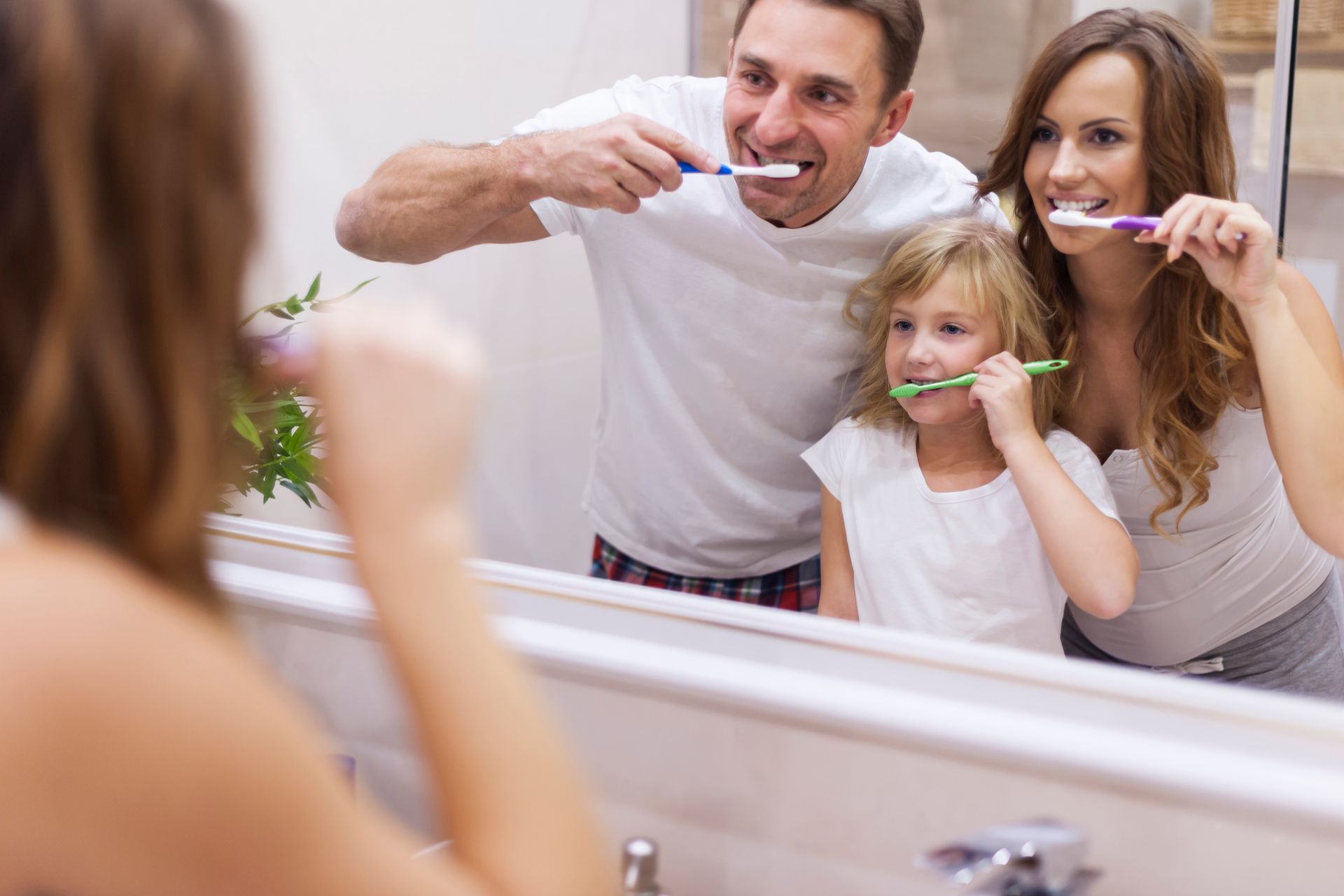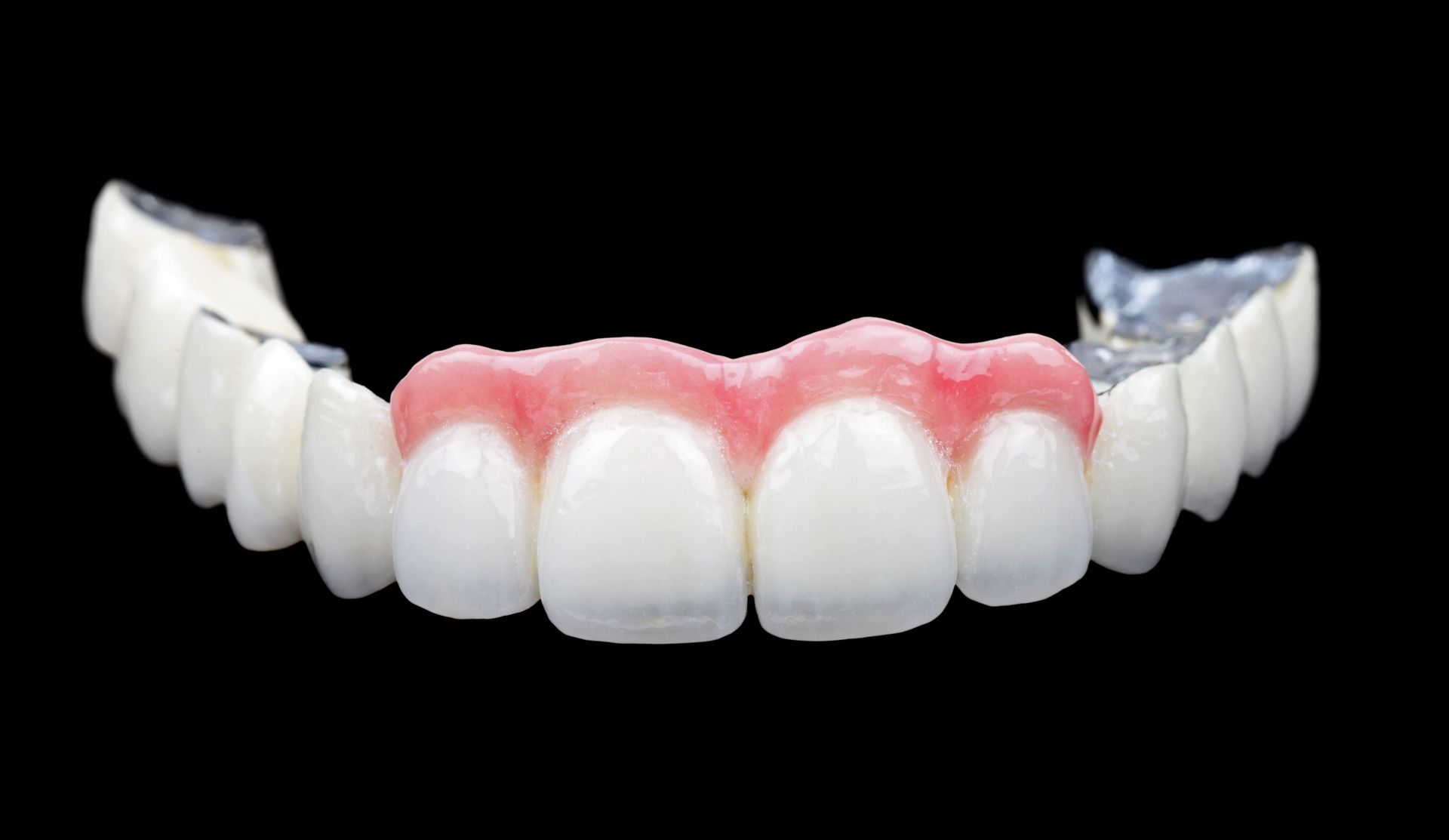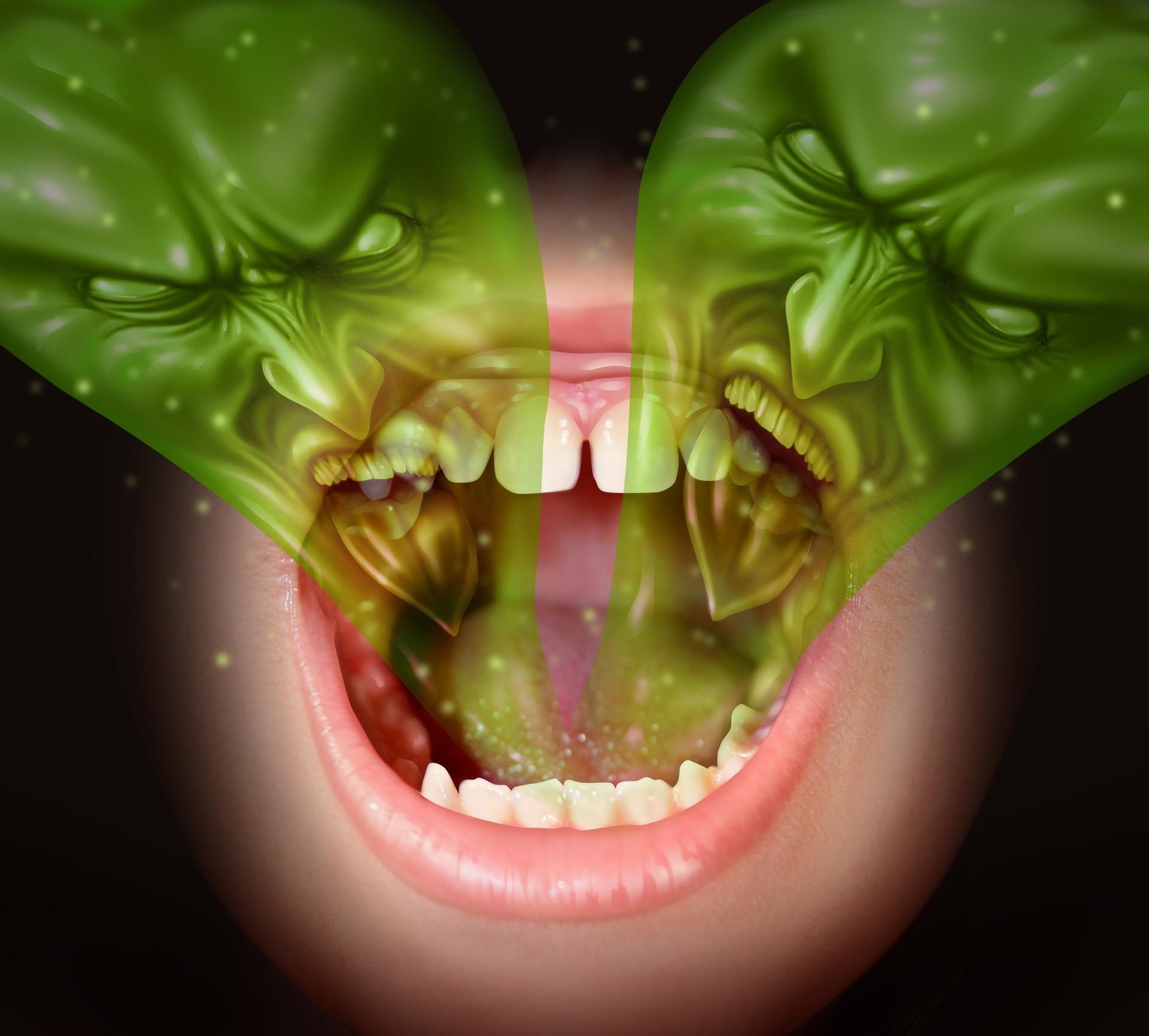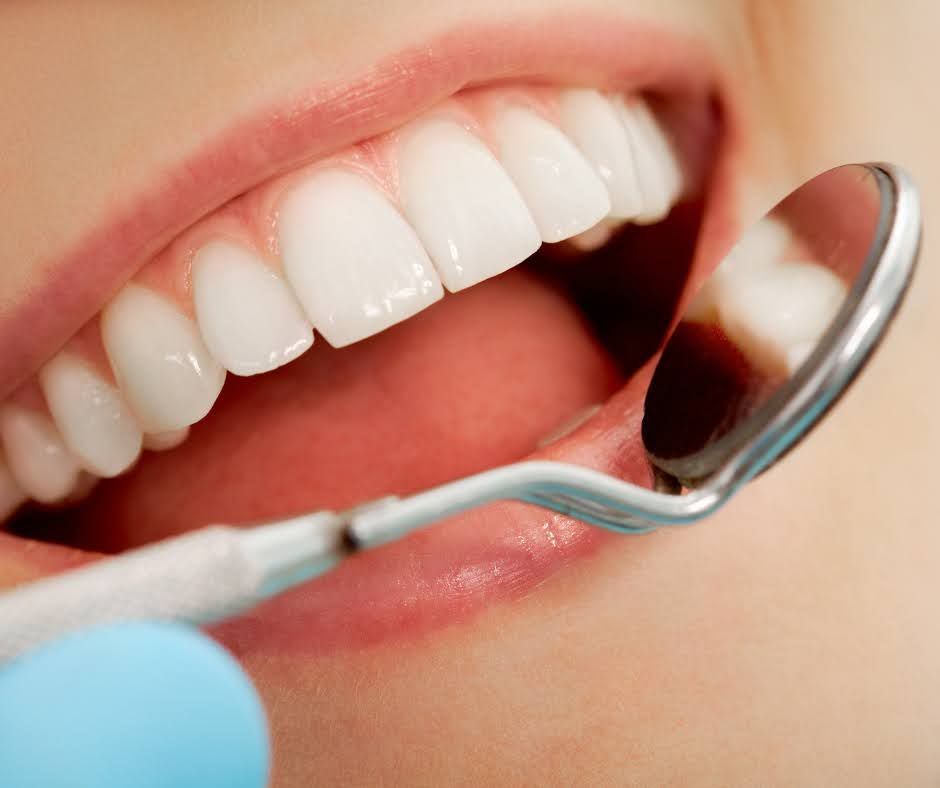Debunking 5 Myths About Bad Breath
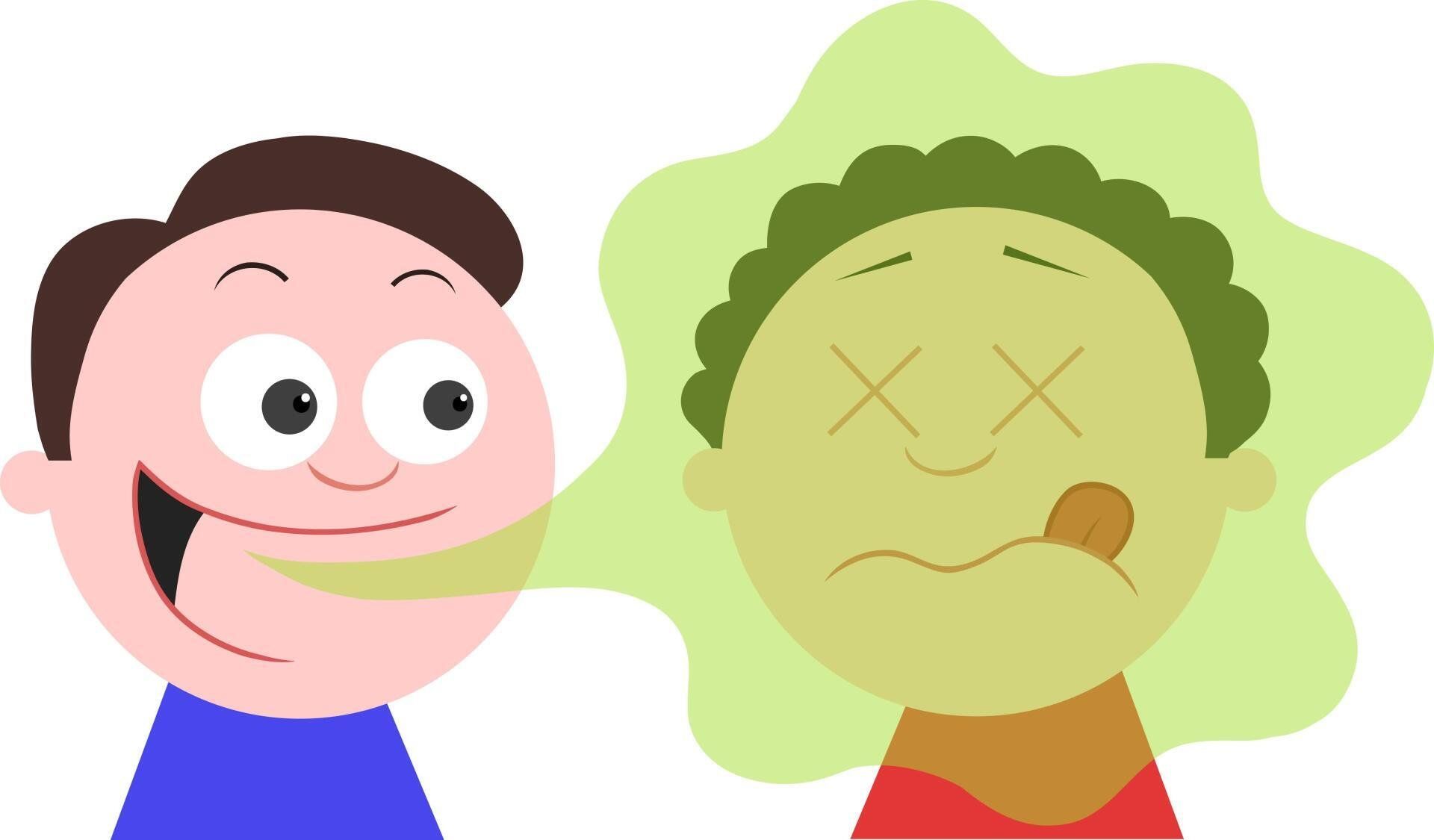
Bad breath, also known as halitosis, happens to many people. However, bad breath is often misunderstood, so it is hard to separate fact from fiction in discussions about this condition. This article explores and debunks five myths about bad breath.
1. Some Foods Cause Bad Breath
Sure, garlic, onions, and other foods with strong smells may leave their scents in your mouth. But this smell is short-lived, and chewing on a mint can mask it. On the other hand, chronic bad breath results from Volatile Sulfur Compounds (VSCs)produced by anaerobic bacteria in the oral cavity.
Some places in the mouth that anaerobic bacteria inhabit include:
- Grooves on the top side of the tongue
- Periodontal pockets that result from gum disease
- The debris film that coats the back of the tongue
Cleaning the tongue using a tongue scraper and gum disease treatment are some solutions for bad breath.
2. Breathing Into Your Hand Reveals Bad Breath
Television programs perpetuated this myth, and unfortunately, many people have adopted it as a fact. You have probably checked your breath this way. However, this method is not ineffective.
The best way to check your breath manually is to lick your wrist and smell it. This method works because it is easier for your nose to pick up the smell of your breath on your skin. However, the technique is not fail-proof. You may also use a tongue scraper to check the smell of your breath. All you have to do is scrape your tongue and smell the scraper.
To diagnose bad breath, dentists compare the smell of the breath from your mouth and nose. Your dentist may also measure VSC levels in your mouth or bowel.
3. Digestive Issues Often Cause Bad Breath
Although digestive issues contribute to bad breath, they are not the main cause. The larger percent of bad breath issues originate from the mouth. That is why when you have bad breath, it is best to start with the dentist before booking an appointment with your general physician.
4. Mouthwash Eliminates Bad Breath
Using mouthwash as a solution for bad breath is similar to using perfume to cover up the smell of sweat after an active gym session. Eventually, the perfume fades away, and you remain with your sweaty smell.
Mouthwash is a temporary solution for bad breath, which only works to mask the odor. Alcohol-based mouthwashes may even worsen bad breath since they contribute to dry mouth, which causes bad breath.
5. Brushing Your Teeth Eliminates Bad Breath
Anyone who has bad breath despite brushing their teeth will disagree with you on this. Good dental hygiene is essential for eliminating the bacteria that cause bad breath. However, this bacteria resides not only on the teeth but also on the tongue.
Your persistent bad breath may be because you never clean your tongue when you brush. A toothbrush may not get rid of all the bacteria on your tongue. Therefore, you should use a tongue scraper.
Most people rush through brushing their teeth, which means they do not clean all the surfaces that carry bacteria that cause bad breath. Take time to brush your teeth, at least two minutes, twice daily, and remember to scrape your tongue while at it. Also, schedule regular dental cleanings to get to hard-to-reach areas in your mouth.
Bad breath is not a permanent problem. Now that you know the myths about halitosis, you can be more proactive about your oral hygiene. It starts with a visit to the dentist to identify the actual culprits behind your bad breath and ends with following your dentist's recommendations. Contact the dentists at Carlino & Paton, DDS PC, today if you are worried you have bad breath.
Contact Information
Address: 51190 D W Seaton Drive New Baltimore, MI 48047
Phone: 586-725-9898
Fax: 586-725-4470
Business Hours
Monday: 9:30 am - 6:00 pm
Tuesday: 9:00 am - 6:00 pm
Wednesday: 9:00 am - 6:00 pm
Thursday: 8:30 am - 6:00 pm
Friday: 8:30 am - 12:30 pm
Saturday: 9:00 am - 2:00 pm
Open One Saturday a Month
Contact Information
Address: 51190 D W Seaton Drive New Baltimore, MI 48047
Phone: 586-725-9898
Fax: 586-725-4470
Business Hours
Monday: 9:30 am - 6:00 pm
Tuesday: 9:00 am - 6:00 pm
Wednesday: 9:00 am - 6:00 pm
Thursday: 8:30 am - 6:00 pm
Friday: 8:30 am - 12:30 pm
Closed Saturday and Sunday

